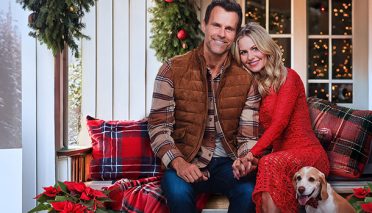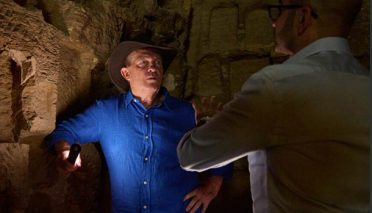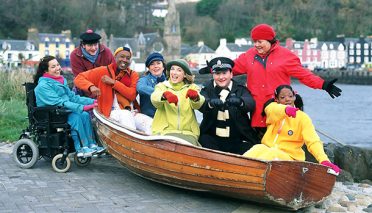NATPE NEWS: For many critics, the US autumn season was all about the return of drama, such as big hitters like Lost and Desperate Housewives on ABC. Particularly with numbers down for reality shows like The Apprentice, and the failure of series like Richard Branson’s Rebel Billionaire and Mark Cuban’s The Benefactor.
Add to that the fact that Fox’s My Big Fat Obnoxious Boss flopped, as did NBC’s $25 Million Dollar Hoax, and you might be forgiven for thinking that reality programming was on the way out stateside, at least for a season or two.

![]() Not so, claims David Lyle (left), the former president of entertainment at FremantleMedia North America, who recently resurfaced as the chief operating officer and general manager for the upcoming Fox Reality Channel.
Not so, claims David Lyle (left), the former president of entertainment at FremantleMedia North America, who recently resurfaced as the chief operating officer and general manager for the upcoming Fox Reality Channel.
“Reality might be slightly down in network primetime, but if you take into account cable primetime, US audiences are watching more reality TV then ever before,” he says. “MTV is more about reality than music these days, A&E is full of it and Bravo is basically reality shows plus The West Wing.” Even ABC, despite those Desperate Housewives, is still enjoying huge success with Sunday night’s Extreme Makeover: Home Edition and its Monday night spin-off, How’d They Do That?.
“It goes to show that reality TV is a glorious evolving organism, continuing to mutate from the early shows like Candid Camera to the present day,” explains Lyle. “US audiences are embracing the new form mightily, a form that doesn’t require competition and gameshow elements but creates drama and high emotion from everyday family events. Reality TV used to be about tropical islands and exotic hotels; now audiences are happy to watch the drama of a family preparing an evening meal together. That has certainly gone against received wisdom in Hollywood.”
This is partly down to the networks, particularly ABC and Fox, making significant leaps of faith with UK-style docusoap formats like Wife Swap, Supernanny, Trading Spouses and Simple Life, he says.
Another hot genre right now, he says, is poker-related reality: “It’s going gangbusters – the Travel Channel should be renamed the Poker Channel, and similar shows are all over GSN, ESPN and Bravo.” Importantly, they are pulling big name celebs to appear in these shows, he says. “The Osbournes removed the stigma of appearing in reality shows,” Lyle notes.
This is all front of mind for Lyle, given that he is to launch the new Fox Reality Channel into more than 17.5m US cable homes in mid-2005, against the likes of Zone Vision/Echostar joint-venture Reality TV and the Reality 24-7 network in the second quarter of 2005. Having spent the 12 months since he quit FMNA concentrating on the Format Recognition & Protection Association (Frapa), where he is chairman, and his own outfit CreatTVworld, Lyle now reports to Tony Vinciquerra, president and ceo of Fox Networks Group.
Lyle’s plan for the new network boils down to four bullet points: “It’ll be reality from breakfast till closedown,” he says. “First, it’ll present previously unseen reality from Fox,” such as deleted scenes and participant commentary from the likes of The Simple Life, Trading Spouses, Temptation Island and other faves, all repurposed for die-hard fans of the genre. Secondly, it’ll carry whatever Lyle can buy up from rival broadcast and cable networks – he says he’d love some Mark Burnett stuff but “it all depends on cost.”
Further down the track is reality from overseas, and not just shows from English-speaking territories either. “By the end of February I’m hoping to get some international programming in place. For instance, Temptation Island has been produced in over 10 countries and it might be interesting to show that to our reality aficionados. Not by simply letting the tape unspool but linking clips with a studio-based host, perhaps in a themed evening.” Even British reality shows, particularly those featuring UK celebs, will need this ‘translation’, he adds.
The fourth and final prong in Lyle’s plan is copros and new commissions, whether that means second-window deals for projects other networks would’ve previously fully funded, original pitches, or formats acquired from overseas.
However, “I’m not even talking to people about that until February,” he says, no doubt envisaging a tidal wave of reality pitches. He does, however, mention a possible US take on the UK format Without Prejudice.
Regarding budgets for his new make, Lyle is frank: “We simply can’t afford the $800k that the networks spend, but neither will we be expecting to make shows for $40k per half-hour, like HGTV.” He’s looking for new ways to shoot reality, including coming in as second-window co-financier, and the buzzwords, it seems, are “cost-efficient” and “bizarre ideas.”
While Lyle kick-starts his programming conversations, he’ll also be talking about new hires for the channel. “It’ll will be the biggest cable launch in 10 years,” he says, “so I’ll be needing heads of marketing, programming, operations and on-air.” He’ll be handling any questions of original programming himself, at least until three such shows are out of the door.
“After that, I’ll be looking for a head of programming and development later in the year.” In sum, reality TV is here to stay, he reiterates, despite the drama-laden new autumn season. “Reports of reality TV’s demise are greatly exaggerated,” Lyle says.















































